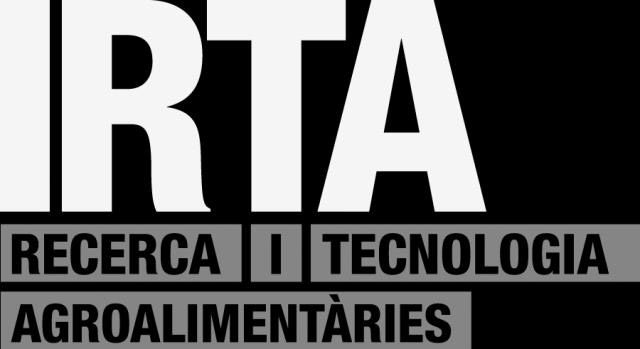Category Archives: Wildlife animals
February 2017, a case of highly pathogenic avian influenza was detected in a Stork in Catalonia
For over 10 years IRTA-CReSA has been conducting diagnosis and technical assistance within the surveillance program of avian influenza in wild birds in Catalonia as commissioned by the DARP. This program was initiated with the aim of an early detection of circulation of highly pathogenic avian influenza H5N1 virus that affected wild birds and poultry. The virus had been circulating Asia and was finally detected in Europe in 2006.
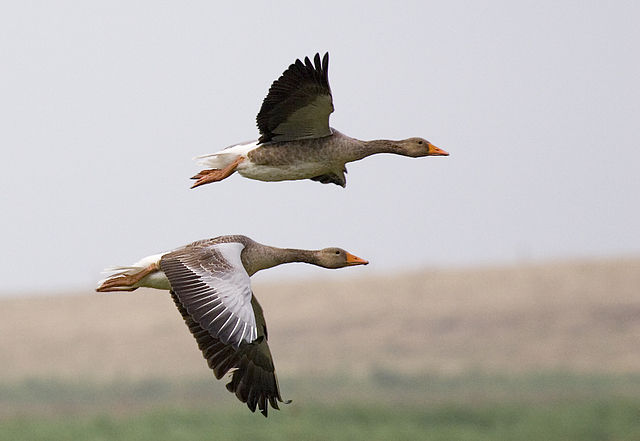
Viral comments (32): H5N8 is already here … can we prevent the next one?
In the last post, a few days ago, we commented that H5N8 avian flu had reached the other side of the Pyrenees and that soon it would jump towards the Peninsula. A few days ago the detection of H5N8 strain was reported in two common geese (Anser anser) found dead in the lagoon of La Nava de Fuentes, in Palencia (Castilla y León). This detection was possible thanks to what we call passive epidemiological surveillance.

Comentaris viruslents (29): MERS Coronavirus, nothing to declare? A bad idea
A month ago,”curious” news jumped. The Institute Pasteur Korea (IPK), in the person of one of its researchers, skipped all regulations on biological material transportation in a movement of MERS Coronavirus samples, Middle East Respiratory Syndrome Coronavirus, and worse … it was not properly informed, nor did the Institute Pasteur in Paris.
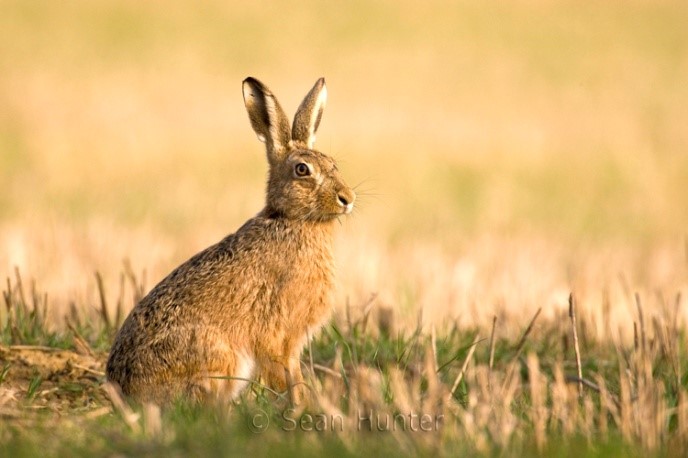
The European hare (Lepus europaeus) as a potential wild reservoir for ruminant pestiviruses
Ruminant pestivirus (Bovine Viral Diarrhea Virus (BVDV) and Border Disease Virus (BDV)) cause important economic losses in livestock worldwide. The epidemiological role of free-ranging sympatric wildlife is of special interest for the implementation of pestivirus eradication plans.
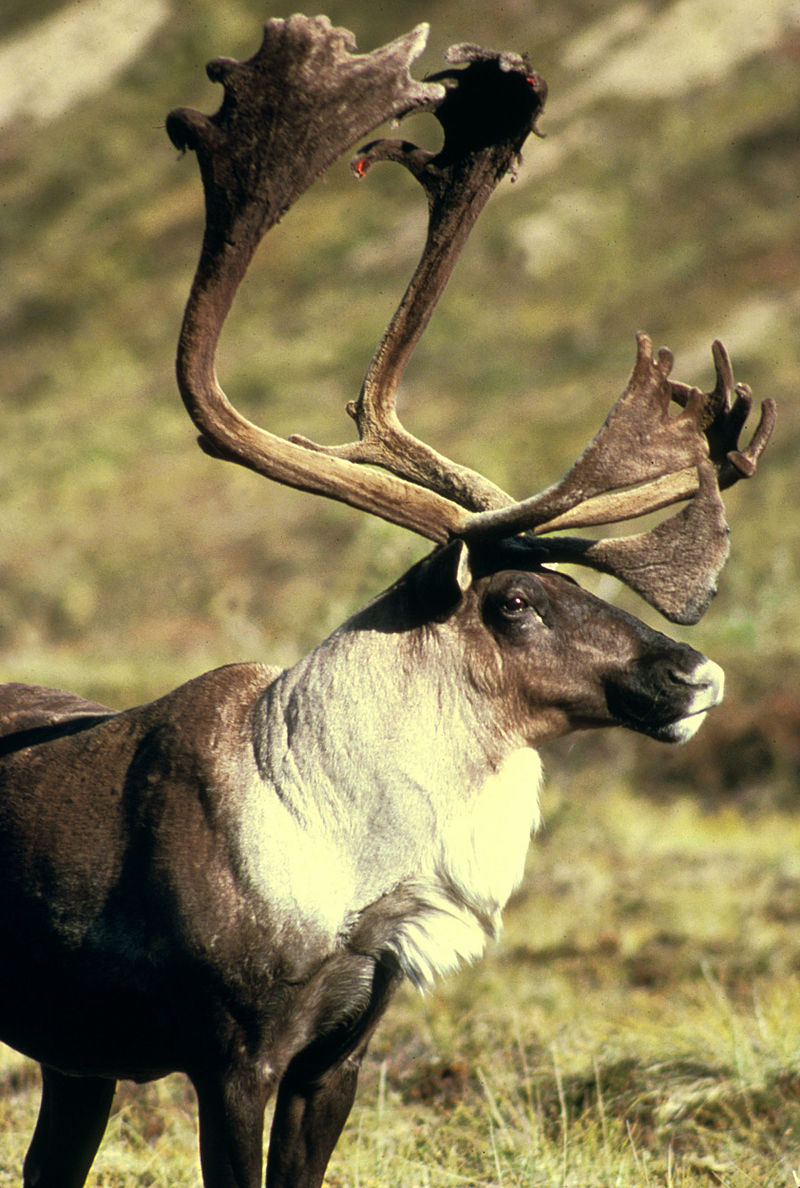
Prions in Wildlife?
Last week the discovery of a case of Chronic wasting disease (CWD) in a Raindeer (or Caribou, Rangifer tarandus) was published on the website of the Norwegian Veterinary Institute. The news is interesting for two reasons: it is the first time this disease has been described in Europe and it is also the first time that a field case has been described in this species.
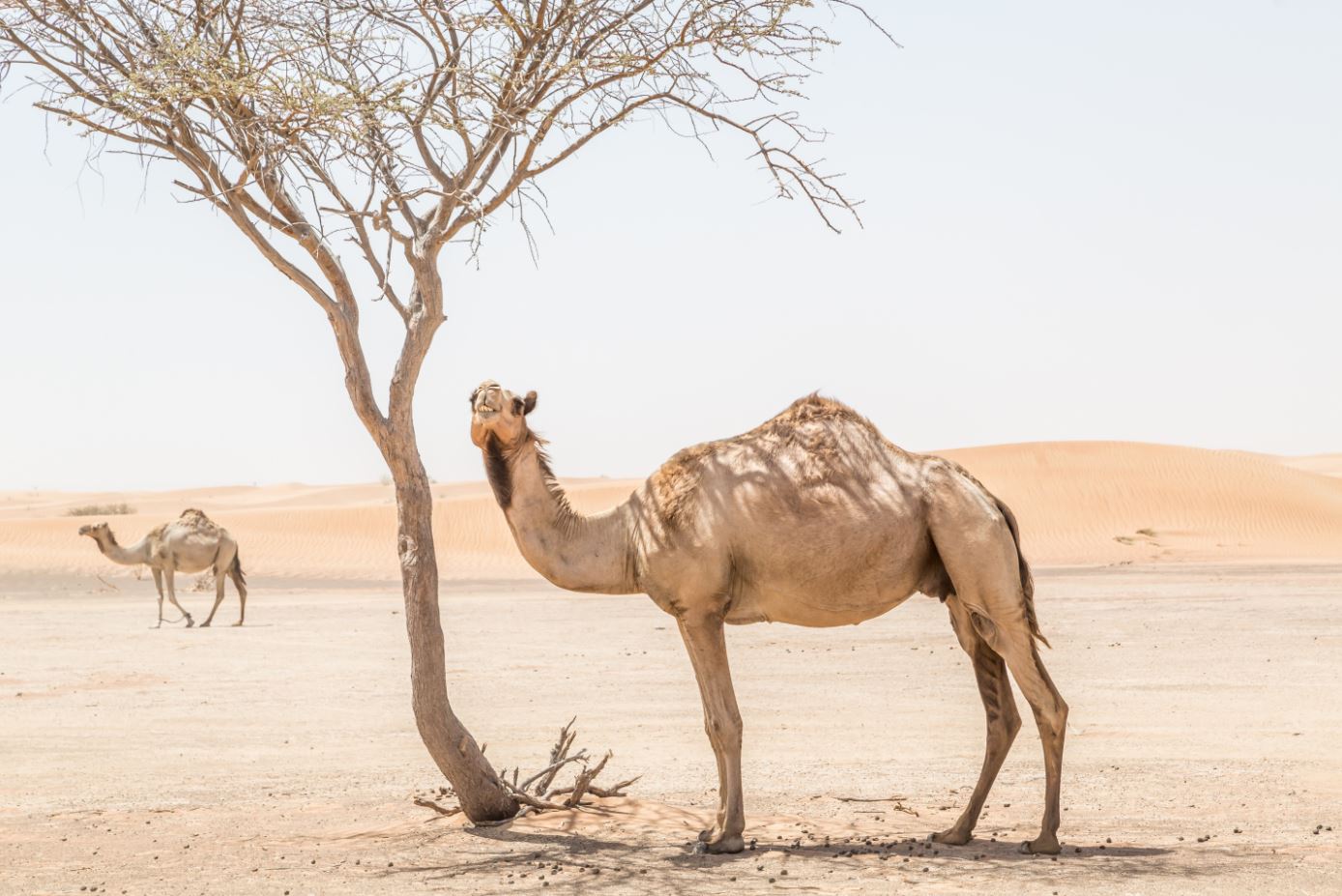
Proved an effective vaccine for MERS-CoV in camels
An international research with the participation of the Autonomous University of Barcelona and the Center for Research in Animal Health IRTA-CReSA has designed a vaccine that has been shown to be effective in camels against the coronavirus (CoV) that causes the respiratory syndrome of the Middle East.

A study published in the Veterinary Patology about the immunological system of the ferrets
Beatriz Vidaña, PhD student in the CReSA, is the author of the article “Immune system cells in healthy ferrets: an immunohistochemical study”, published in Veterinary Pathology journal.

